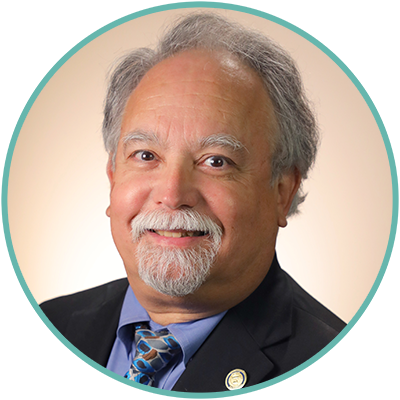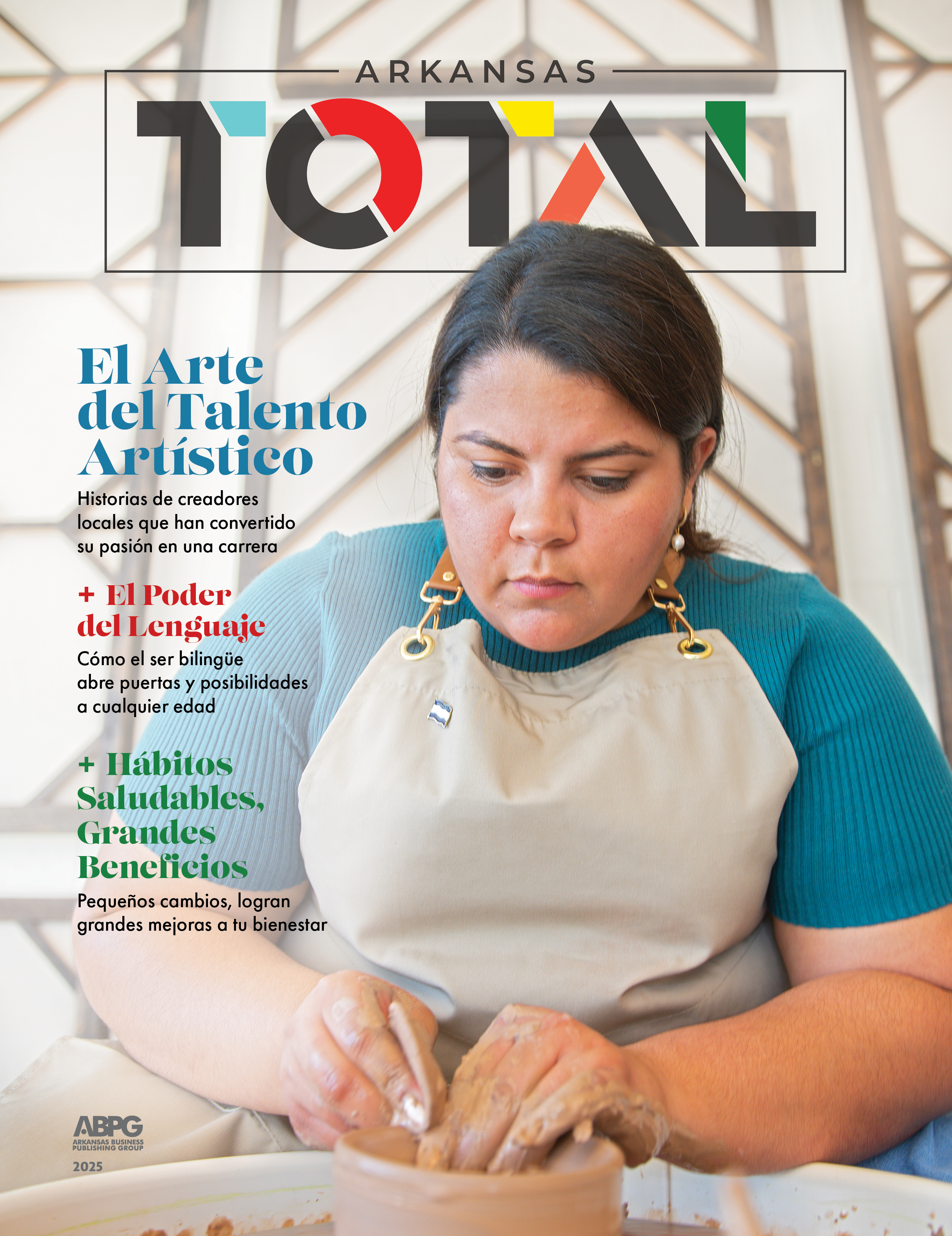Arkansas’ Doctor Talks Covid-19

También puedes leer este artículo en español, El Médico de Arkansas Habla del COVID.
Near the end of the summer of 2021 Arkansas was at the national bottom on vaccinations. According to the Mayo Clinic website, only 37.7% of the state's population had been vaccinated at the end of July 2021 and only four states had a lower rate. Nationally, only 26% of Hispanics had been fully vaccinated, according to the Center for Disease Control.
A Mexican is the guardian of the Arkansan health: Dr. José R. Romero, an immigrant whose wife and daughter are nurses, is the grandfather of six grandchildren and is the Arkansas Secretary of Health.
Romero's journey to Arkansas began in 1993 when the University of Nebraska School of Medicine at Omaha hired him as head of the department of pediatrics. In 2008 he came to work as chief of the Pediatric Infectious Diseases Section at the Arkansas Children's Hospital. But perhaps his story began earlier, with a peasant in Michoacán (see sidebar).
Romero said that the most urgent need of the Hispanic community is the same as those of other communities: COVID-19 and access to the vaccine. The latter is an especially serious problem in minority groups, and it is important to reach out to those communities to communicate that the vaccine is available and vital, especially for older adults, he said.
Efforts to vaccinate collide with the colossal amount of misinformation running rampant on social media and from person to person. To counteract it, Arkansas has Spanish-speaking workers collaborating with the effort. "We try to combat misinformation as soon as we detect it," says Romero.
"Members of minorities should know that there is no reason not to get vaccinated," he said.
Romero recommends to the Hispanic community the same as to other groups: avoid crowds, including quinceañeras and weddings. “Although many Latinos work in essential blue-collar jobs and work shoulder to shoulder in the poultry industry, we cannot say that they were infected (only) at work.
Romero reiterates that older adults are the most overwhelmingly affected by the pandemic but that children can also end up in a hospital connected to a ventilator tube or even die.
“The message I want to leave you is that in this COVID season we have in our hands the ability to prevent death and illness from this virus," Romero said. "It is important that we take the initiative to protect our community and our families, and that requires that we educate ourselves about what COVID is and let's take these vaccination and diagnosis opportunities.
"We know that there are disparities in terms of access to health, but we are going to improve these disparities over time," he added.
In His Own Words
I was born in Mexico and we settled in Guadalajara.

My father became a civil engineer and had a master's degree, my mother was an executive secretary, but my grandfather, Rafael Romero, was a peasant who worked the land all his life in Santiago Tangamandapio, Michoacán.
My grandfather had the vision that he needed an education to get ahead in life and he taught himself math. My father was the first in the family to complete high school and go to college. When he graduated, he worked as a surveyor and helped build railroads in Mexico.
Since I was a child, I knew that I wanted to be a doctor. I knew that I wanted to do something that had to do with science like being an oceanographer or an astronaut and I ended up interested in biology.
In the late 1970s, the Chicano movement was strong and felt in Mexico. I was finishing high school and my goal was to become a doctor and have a barrio clinic. Years later I would be a medical teacher and would always be working with minorities.

